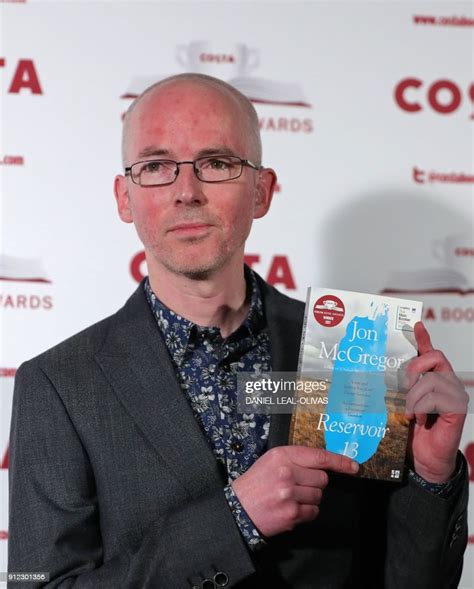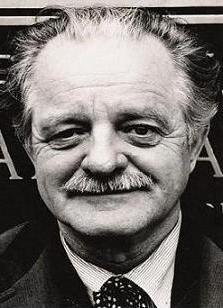A Quote by Oscar Wilde
Far away beyond the pine-woods,' he answered, in a low dreamy voice, 'there is a little garden. There the grass grows long and deep, there are the great white stars of the hemlock flower, there the nightingale sings all night long. All night long he sings, and the cold, crystal moon looks down, and the yew-tree spreads out its giant arms over the sleepers.
Related Quotes
Clambering up the Cold Mountain path, The Cold Mountain trail goes on and on: The long gorge choked with scree and boulders, The wide creek, the mist-blurred grass. The moss is slippery, though there's been no rain The pine sings, but there's no wind. Who can leap the world's ties And sit with me among the white clouds?
If you listen, you can hear it. The city, it sings. If you stand quietly, at the foot of a garden, in the middle of the street, on the roof of a house. It's clearest at night, when the sound cuts more sharply across the surface of things, when the song reaches out to a place inside you. It's a wordless song, for the most, but it's a song all the same, and nobody hearing it could doubt what it sings. And the song sings the loudest when you pick out each note.
Night is done, gone the moon, gone the stars From the skies. Fades the black of night Comes the morn with rosy light. Fold your wings, go to sleep, Rest your gizzards, Safe you'll be for the day. Glaux is nigh. Far away is first black, But it shall seep back Over field Over flower In the twilight hour. We are home in our tree. We are owls, we are free. As we go, this we know Glaux is nigh.
What happens when all the parts of childhood are soldered down, when the young no longer have the time or space to play in their family's garden, cycle home in the dark with the stars and moon illuminating their route, walk down through the woods to the river, lie on their backs on hot July days in the long grass, or watch cockleburs, lit by morning sun, like bumblees quivering on harp wires? What then?
A white crowned night sparrow sings as the moon sets. Thunder growls far off. Our campfire is a single light. Amongst a hundred peaks and waterfalls. The manifold voices of falling water Take all night. Wrapped in your down bag Starlight on you cheeks and eyelids Your breath comes and goes In a tiny cloud in the frosty night. Ten thousand birds sing in the sunrise. Ten thousand years revolve without change. All this will never be again.
White in the moon the long road lies, The moon stands blank above; White in the moon the long road lies That leads me from my love. Still hangs the hedge without a gust, Still, still the shadows stay: My feet upon the moonlit dust Pursue the ceaseless way. The world is round, so travellers tell, And straight through reach the track, Trudge on, trudge on, 'twill all be well, The way will guide one back. But ere the circle homeward hies Far, far must it remove: White in the moon the long road lies That leads me from my love.
Oh, my sweet summer child," Old Nan said quietly, "what do you know of fear? Fear is for the winter, my little lord, when the snows fall a hundred feet deep and the ice wind comes howling out of the north. Fear is for the long night, when the sun hides its face for years at a time, and little children are born and live and die all in darkness while the direwolves grow gaunt and hungry, and the white walkers move through the woods





































